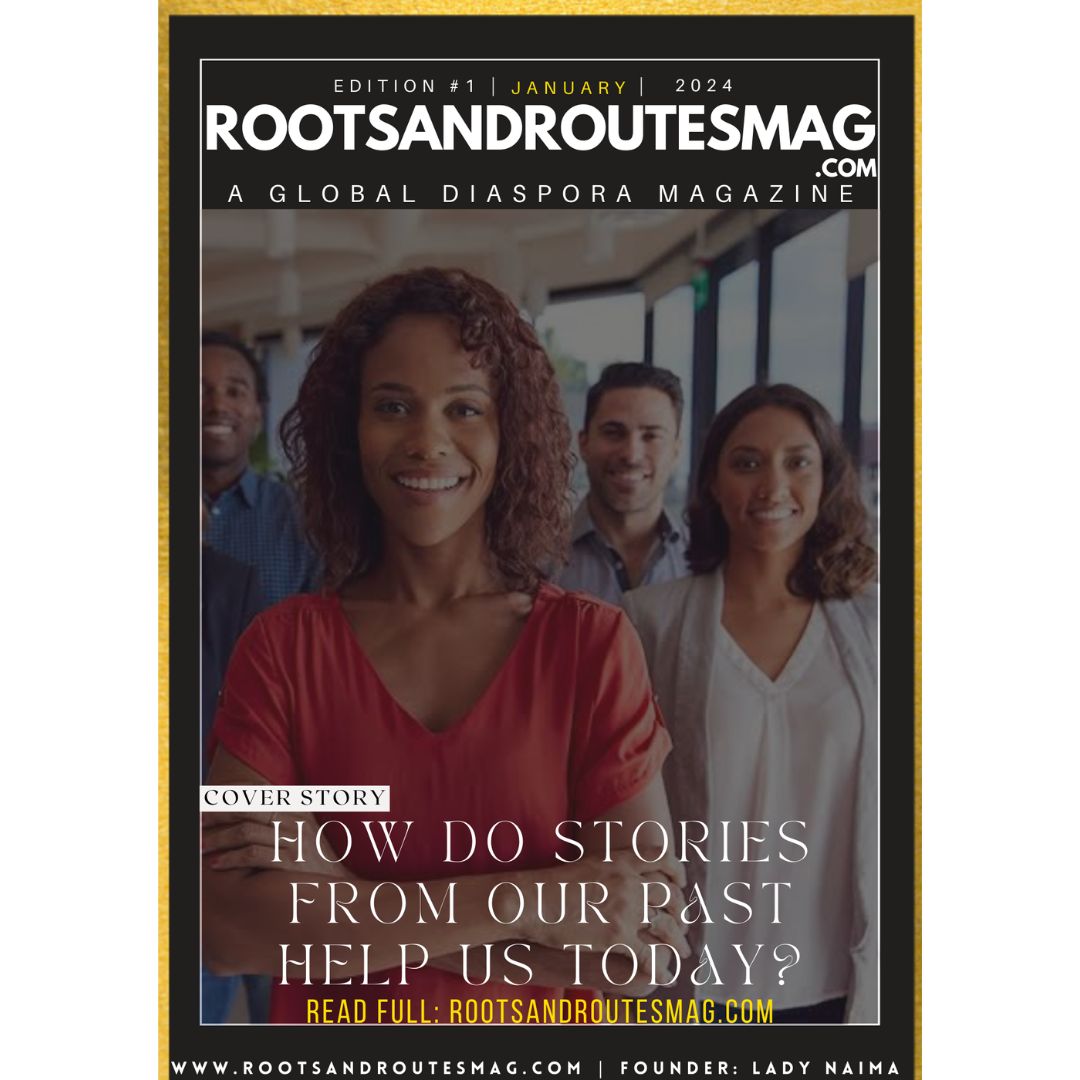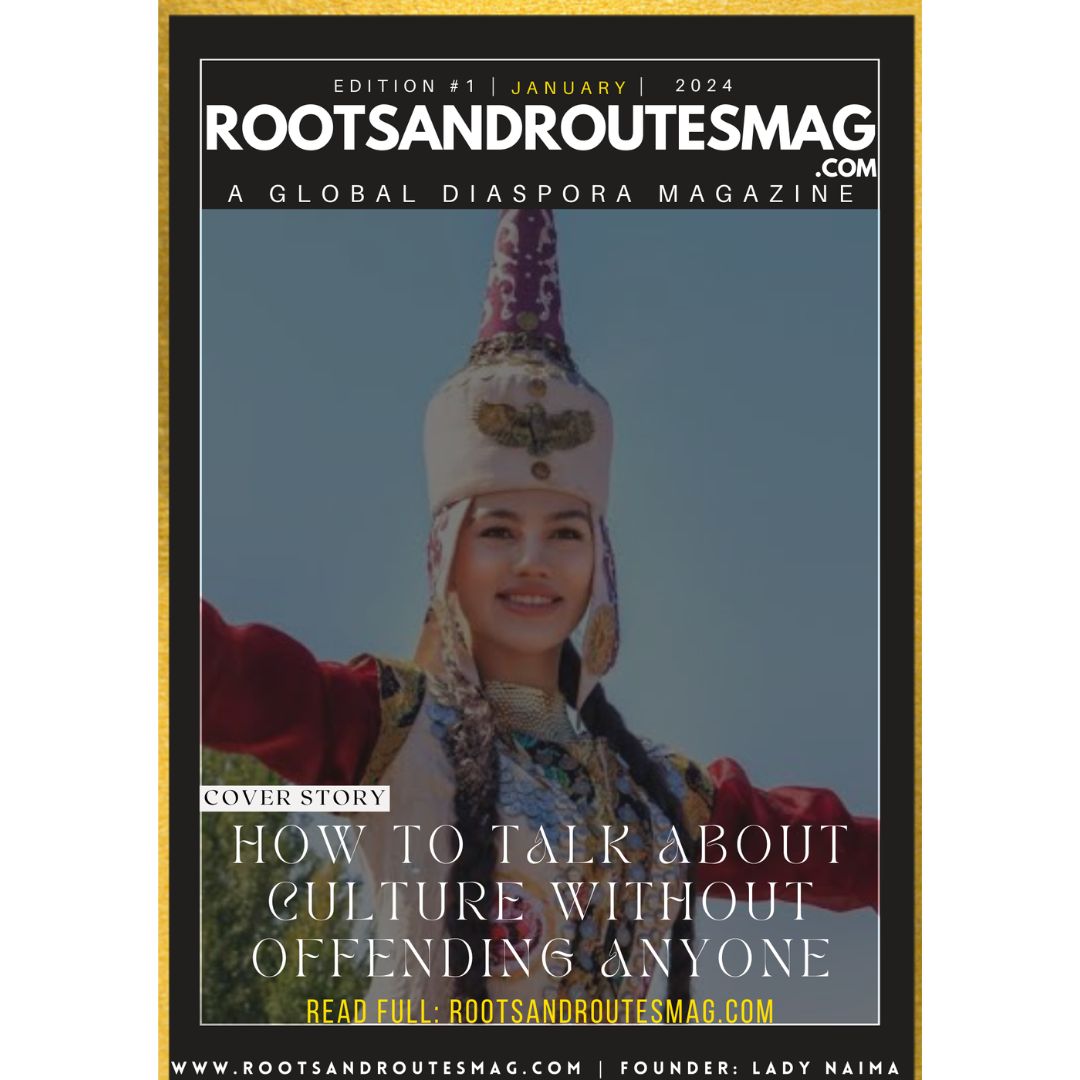Cultural Identity Crisis: The Struggle of Second-Generation Immigrants

The experience of second-generation immigrants often involves navigating a complex journey of cultural identity, balancing the influences of their parents’ homeland with the culture of their country of residence. This unique struggle, commonly referred to as a cultural identity crisis, presents both challenges and opportunities for individuals seeking to understand who they are in a world shaped by multiple cultural forces.
The Intersection of Two Worlds
Second-generation immigrants are individuals born in a foreign country to immigrant parents. They grow up immersed in the traditions, language, and values of their parents’ homeland while simultaneously embracing the culture of the society in which they reside. This intersection of two worlds can create a rich tapestry of experiences but can also lead to feelings of confusion, conflict, and identity crisis.
Challenges of Cultural Duality
One of the primary challenges faced by second-generation immigrants is the sense of cultural duality. From a young age, they are exposed to contrasting beliefs, customs, and expectations at home and outside. This duality can cause internal conflict as they strive to reconcile the differences between their family’s heritage and the norms of mainstream society.
Pressure to Assimilate
Second-generation immigrants often encounter pressure to assimilate into the dominant culture of their country. This pressure can come from peers, educational institutions, and the media, leading to a sense of alienation from their ethnic roots. Many individuals feel compelled to adopt the language, dress, and behaviors of the majority population to fit in and avoid discrimination or marginalization.
Loss of Language and Traditions
For some second-generation immigrants, the process of assimilation may result in the loss of their native language and cultural traditions. This loss can be gradual, especially if the parents prioritize their children’s proficiency in the local language for better integration. As a result, young individuals may struggle to communicate with their extended family members and feel disconnected from their heritage.
Family Expectations vs. Individual Freedom
The clash between family expectations and individual aspirations is another common theme in the cultural identity crisis of second-generation immigrants. Parents often uphold traditional values and traditions, expecting their children to adhere to cultural norms that may differ significantly from those of the host country. This conflict can create tension within families and contribute to feelings of guilt or inadequacy among young immigrants.
Embracing Cultural Hybridity
Despite the challenges, the experience of second-generation immigrants offers a unique opportunity for cultural hybridity and personal growth. By embracing their dual identity, individuals can develop a nuanced understanding of themselves and the world around them. They may draw strength from their multicultural background, leveraging diverse perspectives to navigate complex social dynamics and contribute positively to society.
Building a Sense of Belonging
Overcoming the cultural identity crisis requires intentional efforts to explore and celebrate one’s heritage while embracing the values of inclusivity and diversity. Building a sense of belonging involves connecting with cultural communities, engaging in cultural activities, and seeking mentors who can provide guidance and support.
Empowering the Next Generation
As societies become increasingly diverse, addressing the cultural identity crisis of second-generation immigrants becomes crucial for fostering inclusive communities. By promoting cultural awareness, encouraging dialogue, and advocating for policies that support multiculturalism, we can empower young immigrants to embrace their identity and contribute to a more tolerant and understanding world.
In conclusion, the struggle of second-generation immigrants to navigate their cultural identity is a multifaceted journey marked by challenges, growth, and self-discovery. By acknowledging and addressing this complex issue, we can create a more supportive environment that honors and celebrates the richness of cultural diversity within our communities. Let us embrace our differences, learn from one another, and work together to build a society where every individual feels valued and accepted, regardless of their background or heritage.

Tariq Riaz is a passionate web developer and content generation expert.









